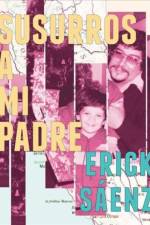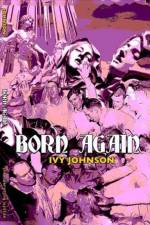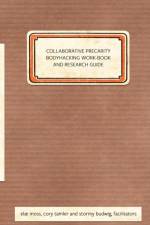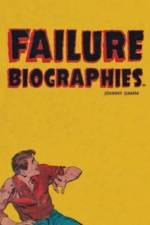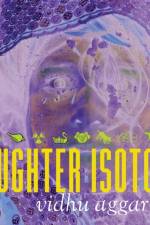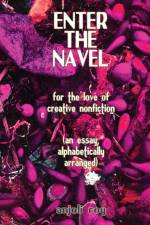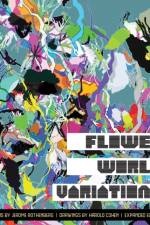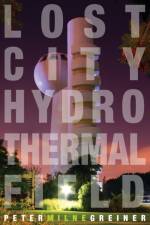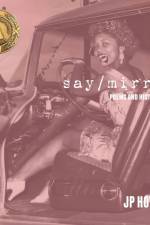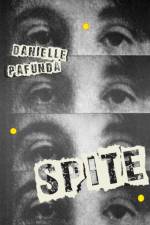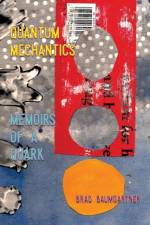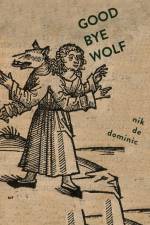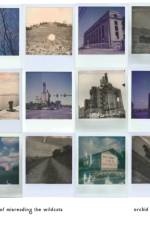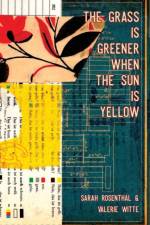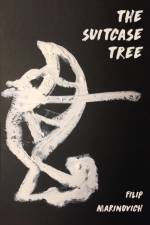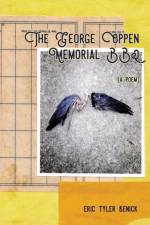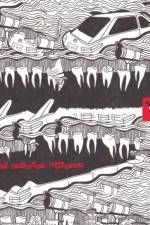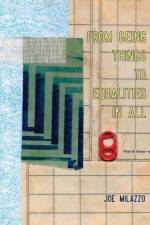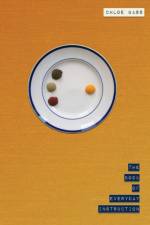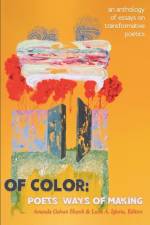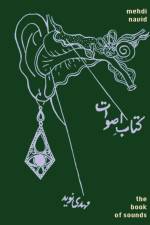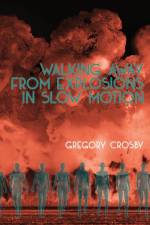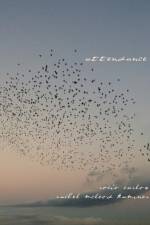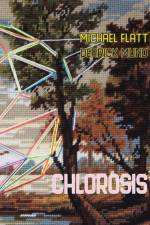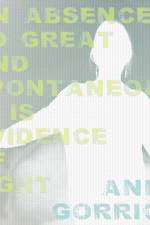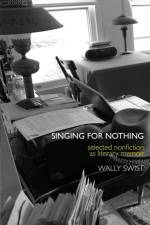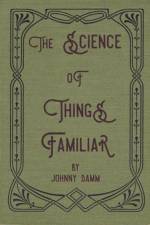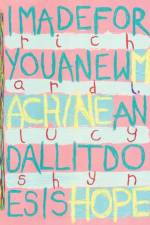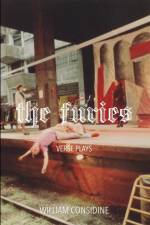von Lori Anderson Moseman
25,00 €
"Yo zillion pilgrims, Lori Anderson Moseman's 'Y' will transmogrify your hopeless chromosome. Text as performance installation, activist play practice, and you could be anyone in the colony working against collapse. There are daily exercises. Say what: be the insides of a peace sign seen from space, weep to believe in democracy, do what you can in the meanwhile. Keep keeping on - is Y, oh Y - words to live by." - Mk (aka Matthew Klane)"Lori Anderson Moseman's meditation 'Y' leads us from the hula-hooping body shaking off its rusts, to an enervated America that ominously looks to Cold War solutions while waters rise. Shimmy AND shimmer. As 'Y' crumbles, so does democracy. Maybe. Gender as Mobius Strip, the body rusts from the inside out, bones threaten to topple (like Frida's in her painting The Broken Column"), but the cure resides in spirals, circles. The book turns in on itself, gathering along the way, gender in it's swiveling baskets. 'Y' makes me rethink Orion in the sky, joy in the rhythmic tap of hula-hoop against rust belt. You will find your hips in this book: circuit, enclosure, zodiac, wreath, crown. '....a single body is not enough.'"- Anne Gorrick"Lori Anderson Moseman never ceases. To invent, then reinvent. To build, then knock down. To astonish with her slight of hand, then casually point out the somatic trick. In true form, her Y does, and then does some more. If 'obstruction is the body itself,' then 'Y' is our passageway. To what end, I don't know. And I rather like it that way. So long as Anderson Moseman is ushering us through, and through, and through. We know we will get there. Mother Courage says so, and she's armed with a hula hoop." - Brandi Katherine Herrera Much like you, Y is a catalyst¿-¿an indeterminate variable active in cultural production. A collective organism in the waste stream, Y bemoans their leaching marrow, tries strengthening their aging spine with a hula hoop. In grocery stores, in art galleries, at dentist offices and fuel transfer stations, Y hoops to lament, invent and foment. Y's looping traces analogy-n-ratio as if relation were the life-blood linking bodies to orbits. Y wants to impeach. Jaw gyrates. Hips open. Round and round, Y circumscribes the body politic in a kind of agitprop theatre that protests POTUS, pipelines, and spies. Trying to energize and not terrorize, Y gathers beloveds to fight for food justice, for safe environs. As a printed matter, the book Y is the textual residue of labor and play. A curious body holds, twists, then bounces a prop. Y calls these "poems" or "stories" a "somatic trick." In sum, Y's sonic practice is an interspecies interaction created to cope with the year 2017¿-¿its corpses and bar codes. Y is a little free speech corral.

